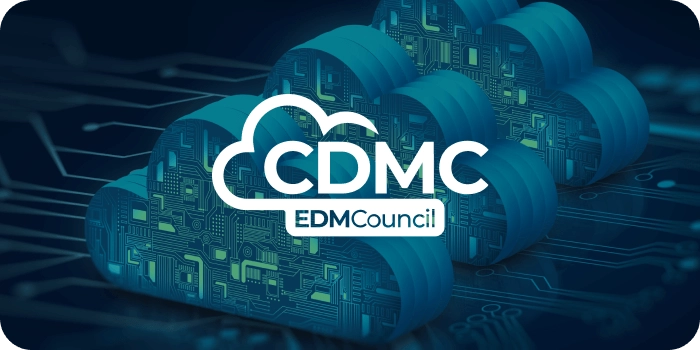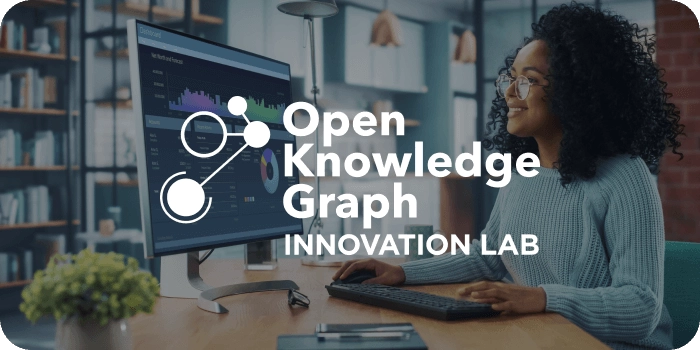Hear from experts at our next AI Governance Working Group Meeting February 4th.
AI is transforming every industry — but who’s defining the rules? The EDM Association’s AI Governance Working Group is bringing together practitioners, thought leaders, and innovators to create the definitive framework for governing AI responsibly. This isn’t about adding bureaucracy — it’s about enabling organisations to adopt AI with confidence, balancing innovation with accountability. Whether you’re grappling with the EU AI Act, trying to integrate AI governance with your existing data management practices, or simply asking “where do we even start?” … this is where those answers are being built.
Join us at our next meeting on February 4th. We’re tackling the foundations first: What actually is AI? What does AI governance mean in practice? How does it connect to frameworks you already know like DCAM and CDMC? Join us bi-weekly through as we work through operating models, implementation playbooks, maturity models, and real-world case studies. Your voice, your challenges, your expertise—they belong in this conversation.
Links & Contacts
Not yet registered on EDMConnect? Create a profile here
For further questions about EDMConnect, please email Member Support


